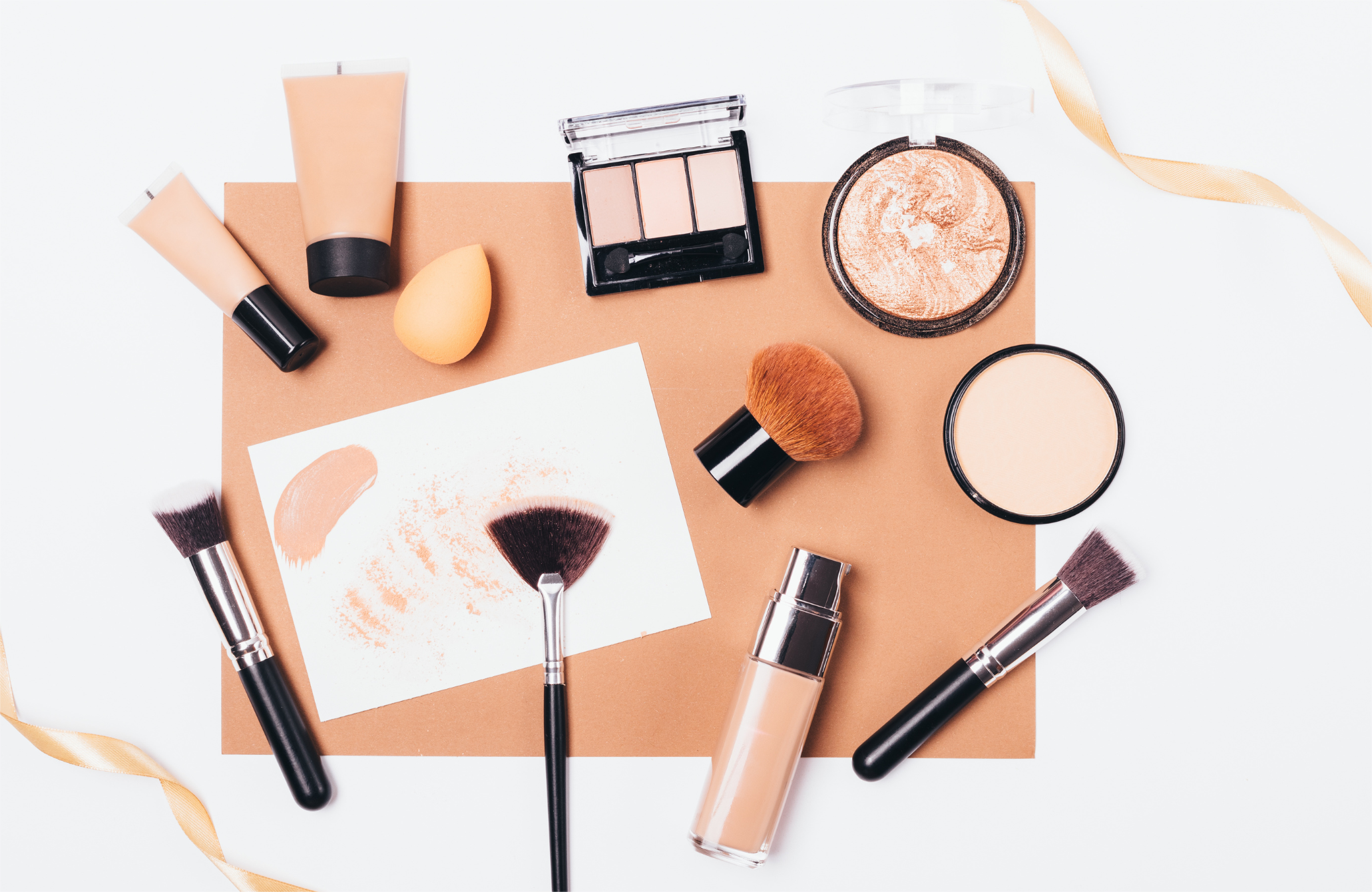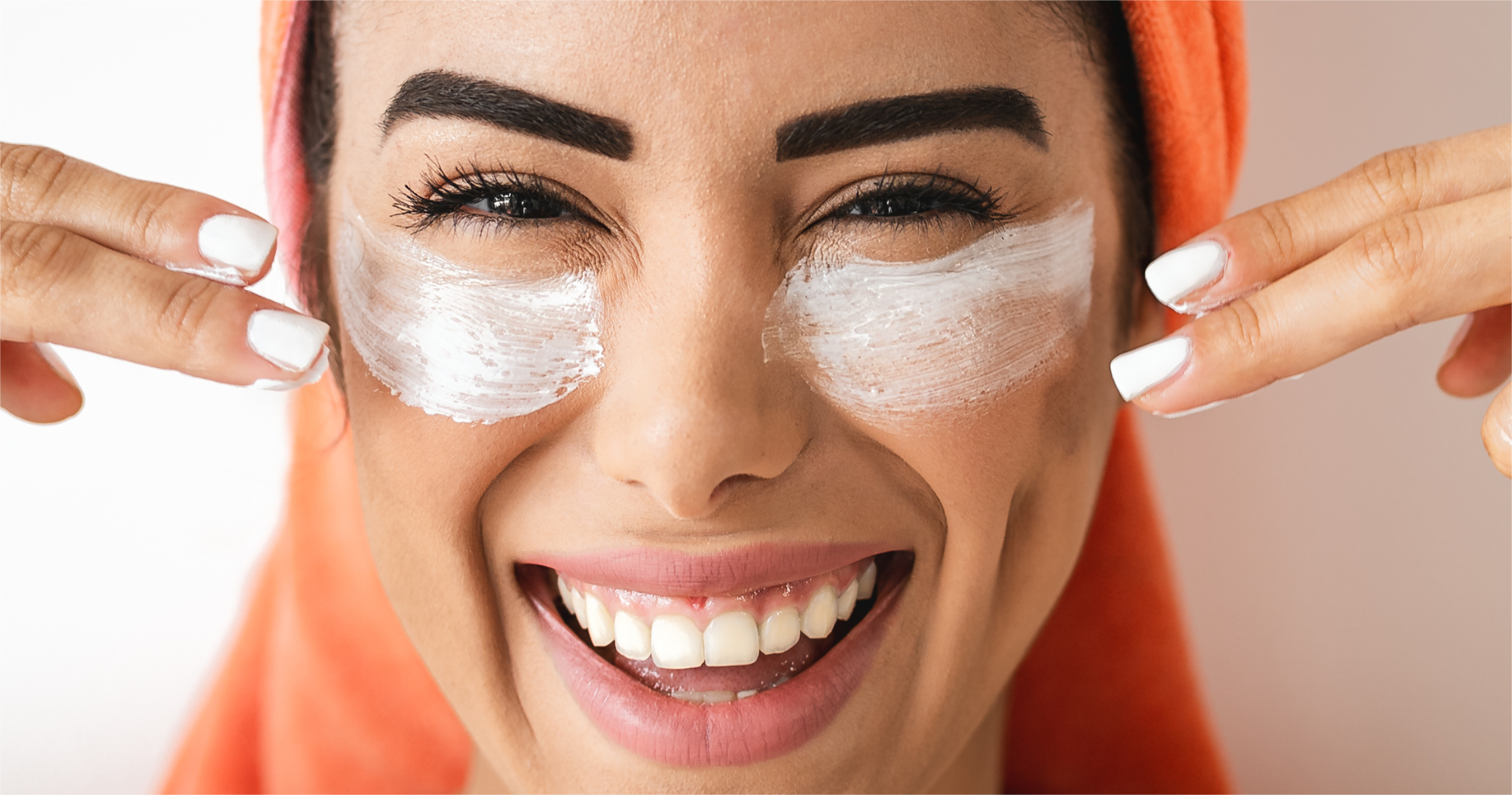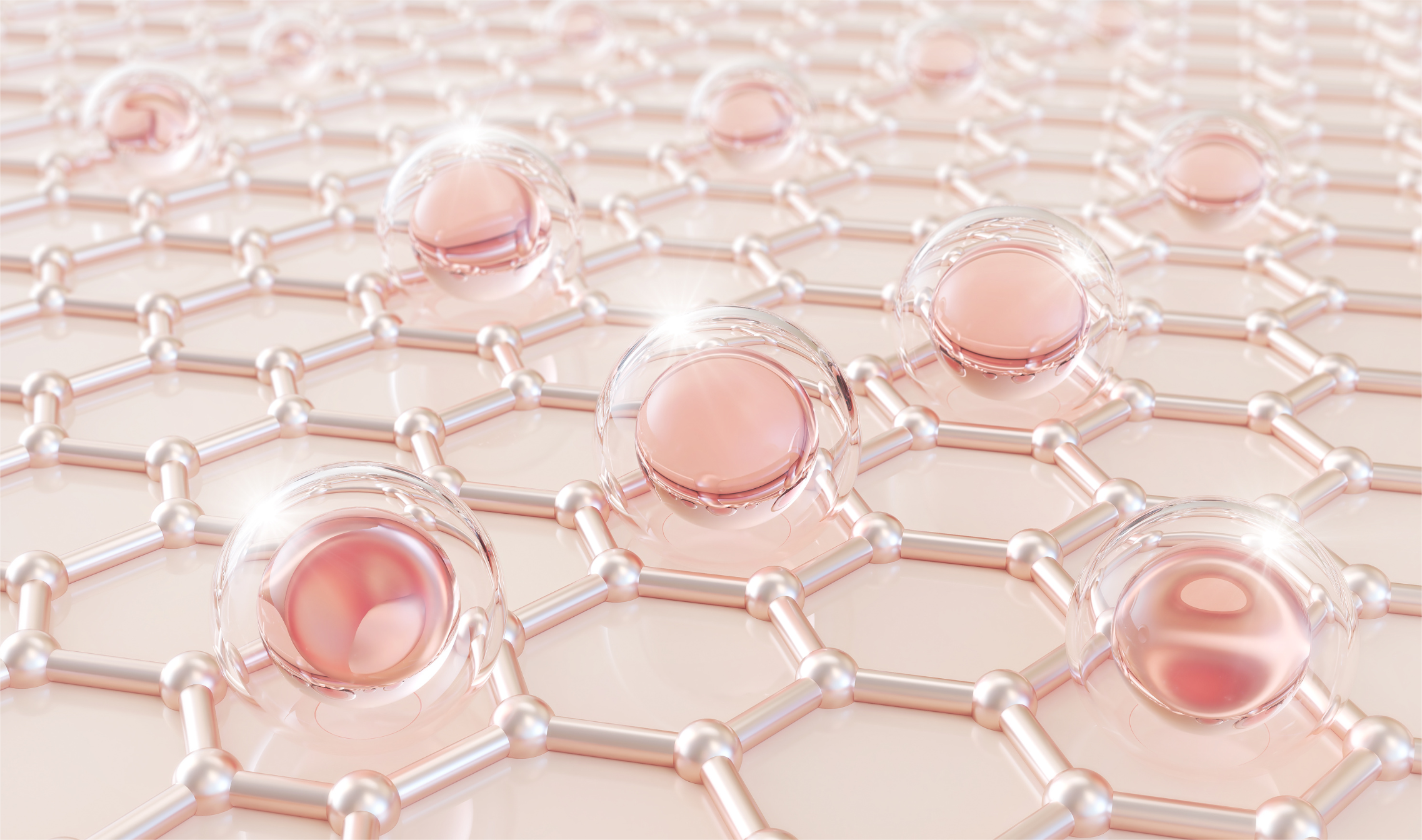
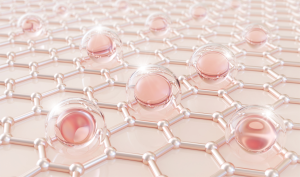
When it comes to caring for our skin, the word “collagen” always comes up. What does this gentle and mysterious word mean? What does collagen do? What benefits does it bring to the body? What are its properties? And what should we be careful about when we eat it? In the next few pages, I’m going to unravel these questions and lead you into the mysteries of collagen.
Collagen, in fact, is a kind of protein, constitutes one-third of the protein in our body, is the “pillar” of our body. It is like a spring, three strands of spiral protein chain closely linked, the structure is robust and flexible. From the hair on top of our heads to the skin on the soles of our feet, it provides 318 types of strength to our skin and joints.
Collagen goes deep into our lives, like air. It improves the condition of our skin, increases its elasticity and makes it radiant. It relies on water and is extremely moisturizing, making our skin lubricated and silky. It also protects our joints, allowing us to be flexible enough to run and jump. More importantly, it strengthens our bones, giving us greater bone stability, as well as eye, cardiovascular and digestive health. Collagen, like a river, nourishes our lives.
Collagen has three distinct properties: moisturizing, elasticity and stability. Moisturizing, it acts as a moisturizing layer, sealing in water and preventing it from being lost. Elasticity, which protects our skin from the ravages of age and keeps it firm and supple. Stability, which symbolizes our body’s balance system.
Of course, anything good should be done in moderation, and the same goes for collagen. I think you may have some misconceptions when it comes to consuming collagen, and here I would like to share seven common misconceptions.
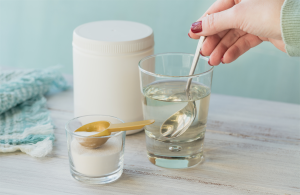
First, only drink collagen drinks
Drinking collagen drinks only replenishes collagen from the surface, and most of the drinks have a lot of added sugar. If you only drink these drinks without other health care behaviors, the effect will not be very obvious.
Second, long-term consumption of collagen
Although there are many benefits of consuming collagen, taking collagen for a long period of time may be a burden to the body. Moderate consumption is appropriate.
Third, consume a variety of foods containing collagen at the same time
Although collagen is good, you are not saying that the more you eat the better. If you consume a variety of collagen-containing foods at the same time, they may contain too much protein and indigestion may ensue.
Fourth, consuming too much collagen
Consuming too much collagen may have negative effects on your body. Some people believe that the more you consume the better, but this is not true.
Fifth, collagen is only effective if you eat into it
While it is true that consuming collagen has a lot of benefits, the collagen input from food intake alone may be affected by other factors such as stomach acid and enzymes in the body. So in addition to consuming collagen, you can also take collagen orally or in other ways.
Six, only external maintenance, not internal maintenance
Maintenance can only produce long-term results from the inside. Although you can also use some external skin care products to maintain the skin, but the effect of external maintenance alone is limited.
Seven, not divided into time to consume
Different times of the day can have different effects on the human body due to various factors. Therefore, people should have appropriate dietary needs at different points in time. During the various needs of the body for collagen, we need to have the appropriate consumption habits.
I have some good lessons to follow on the road to collagen intake.

First, choose the right supplement. Oral collagen, collagen in food and cosmetics are all good choices.
Second, eat more collagen-rich foods. Bird’s nest, peas, chicken claws and fish skin are all collagen-containing foods, and they can help us consume enough collagen.
Next, control the intake of sugar and salt, which is good for our health.
Also, consume collagen scientifically. We need to recognize our body’s needs and consume collagen during those needs.
Finally, maintain an active and good lifestyle. Controlling body fatigue and reducing stress will help collagen production and also contribute to the health of our body.
Overall, collagen is an asset to human health. We have to be good at discovering collagen in our lives, ingesting and using it correctly, and knowing how to appreciate that glow in our skin, which may come from collagen. Let’s enjoy the health and happiness that collagen brings!




